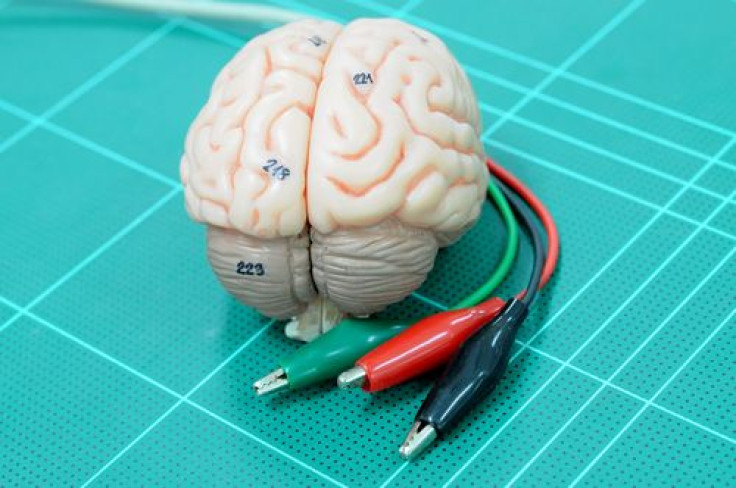'Will To Persevere' May Be Found Through Electrical Brain Stimulation: The Anterior Cingulate Cortex Is Key In Overcoming Tragedy

If you stop for a moment and think, you will undoubtedly see that your life contains many examples of people who have overcome some great difficulty as well as people who have been defeated in tough times. Now, a team of Stanford researchers have identified the exact region of the brain that inspires an individual to both anticipate challenge and to find the necessary motivation for surmounting it.
“Two lines of evidence suggest that the anterior cingulate cortex (ACC) and a set of connected regions might be the key network in this context,” write the authors in their study, published today in Neuron. Their work, then, is based on previous studies suggesting that the ACC and connected regions are essential when initiating changes in behavior, making associations between reward and action, deciding what action is necessary to obtain a goal, and synthesizing information about negative feedback. The ACC is also in a good position, anatomically speaking, to play a deciding factor in challenge and motivation because it is functionally connected to brain structures known to be important for pain, pleasure, emotion, and decision making.
"That few electrical pulses delivered to a population of brain cells in conscious human individuals give rise to such a high level set of emotions and thoughts we associate with … perseverance tells us that our unique human qualities are anchored dearly in the operation of our brain cells," Dr. Josef Parvizi, lead author, stated in a press release.
Dr. Parvizi, associate professor of neurology and neurological sciences at Stanford University, and his colleagues conducted a study that included just two epileptic participants who had electrodes implanted in their anterior midcingulate cortex, as a way to provide information about the source of their seizures. When the researchers delivered an electrical charge to a location within this general region, both patients experienced an increase in heart rate as well as physical sensations in the chest and neck. These physiological changes were accompanied by expectations of an imminent challenge coupled with a determined attitude to surmount it.
Yet, when the researchers told them their brains were being stimulated, and no charge was delivered, they did not experience any of these psychological or physical effects. When the researchers stimulated nearby regions only 5 mm away, they also failed to experience these same effects. Next, the researchers ran imaging experiments which showed the exact site of stimulation was at the core of a network that links the anterior midcingulate cortex to other regions of the brain.
"Our study pinpoints the precise anatomical coordinates of neuronal populations, and their associated network, that support complex psychological and behavioral states associated with perseverance," Dr. Parvizi explained. He and his colleagues suggest that differences in the structure and function of this network may be linked to innate differences in our abilities to cope during tough situations. "These innate differences might potentially be identified in childhood and be modified by behavioral therapy, medication, or, as suggested here, electrical stimulation," he added.
Source: Parvizi J, Rangarajan V, Shirer W, et al. The Will to Persevere Induced by Electrical Stimulation of the Human Anterior Cingulate Cortex. Neuron. 2013.



























